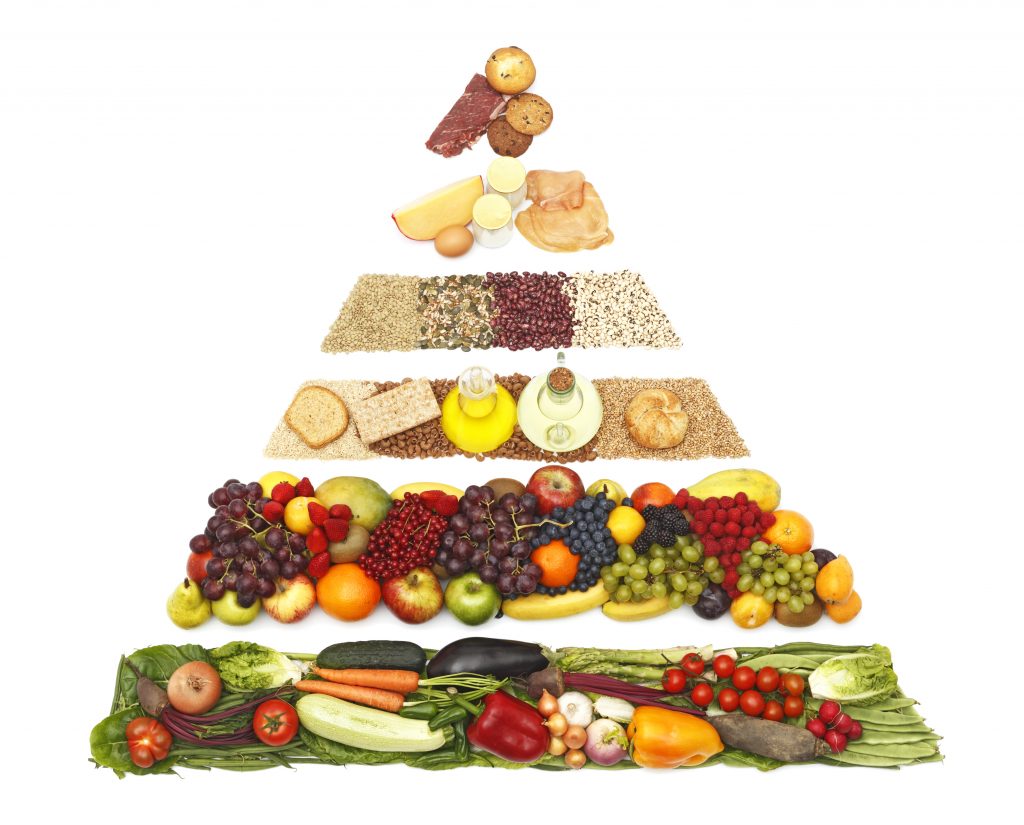THE ANTI-INFLAMMATORY DIET
The Anti-Inflammatory Diet (AI Diet) is designed to fight inflammation. The diet has been recognized by the likes of Harvard Medical School and the Arthritis Foundation. If you want to know how to reduce inflammation with your diet, you need to know HOW to eat right for an AI Diet to work. By following an anti-inflammatory diet, you reduce inflammation in your body and reduce your risk for developing conditions such as Alzheimer’s.
Packed into the Anti-Inflammatory Diet are foods rich in omega fatty acids, lean proteins, a rainbow of fruits and vegetables, and a wealth of antioxidants. Making the simplest of changes to your diet and lifestyle habits can have an impressive effect on inflammation.
What Does an Anti-Inflammatory Diet Look Like?
Whole foods, including plenty of fruits and vegetables, are the best foods to fight inflammation. Reducing inflammation in the body means sticking to a good healthy diet. However, sometimes it can be good for you to break the rules a little bit. After all, we are not machines, and food does play a critical role in cultural celebrations and life in many societies.
The 80-20 rule means that for 80 percent of the time, you follow a strict clean diet. The other 20 percent of the time, you are allowed to indulge in other foods you may want. Life is about balance, and the secret to living a long, healthy life is to do what’s good for inflammation control while managing to have a night out at a nice restaurant, which can reduce stress. Because stress also contributes to the inflammatory process, and weight gain, reducing it is also good.

This will also keep you motivated so that you will be more willing to do what’s good for reducing inflammation most of the time. If you know that there is a little reward at the end of the week for all of your hard work, it can help you to remain motivated.
Anti-Inflammatory Food Pyramid
Starting at the bottom of the pyramid with the foods you want to include most often and working toward the top we find:
| Fruits (at least 3-4 a day) |
|---|
| Vegetables (at least 4-5 a day) |
| Whole Grains (3-5 a day) |
| Beans and Legumes (1-2 a day) |
| Healthy Fats (5-7 a day) |
| Fish and Shellfish (2-6 a week) |
| Lean Sources of Protein (1-2 a week) |
| Herbs and Spices (unlimited) |
| Red Wine (no more than 1-2 glasses a day) |
| Healthier Sweets – (sparingly) |

It may be easiest to use this food pyramid to make changes to your current diet. Some simple replacements are enough to start the fight on the right foot. For instance:
Instead of having shrimp one evening, try salmon, which is rich in omega-3 fatty acids. When eating rice, choose whole grain rice packed with healthy fiber. Full-fat yogurt, especially Greek yogurt, is the perfect replacement for sour cream in both recipes and as a food topping. Drink green tea in place of traditional iced tea, hot tea, or sodas. Green tea is packed with antioxidants that fight inflammation.
Detailed Benefits of the Anti-Inflammatory Diet
The Anti-Inflammatory Diet can help resolve many chronic issues within your body. Once you know what’s good for inflammation, you will be on your road to more energy and a healthier lifestyle. Some of the Anti-Inflammatory Diet pros are:
| Keep the microorganisms in your gut healthy |
|---|
| Reduce your chances of developing many chronic diseases |
| Have more energy |
| Reduce chronic pain in many cases |
| Improve mental attitude |
| Relieve symptoms of depression |
| Get better sleep |
| Reduce stress |
| Improve your quality of life |

You can improve quality of life with small, effective changes to daily habits that help you lose weight.
Lifestyle Habits and Inflammation
A host of studies support that Anti-Inflammatory Diets promote a reduction in inflammation and help prevent the development of chronic long-term diseases. Preventing the inflammatory process and the development of long-term chronic diseases requires some serious lifestyle changes.
As supported by the research thus far, the most important healthy lifestyle habits are:
- Stop smoking and avoid secondhand smoke
- Limit or avoid alcohol consumption
- Avoid consuming a bad high-fat diet
- Avoid processed foods
- Get enough sleep
Anti-Inflammatory Diets promote a reduction in inflammation, but only if you stick to them. They should include large quantities of fruits and vegetables, as little processed food as possible, and rely on meats that are cooked at low temperatures. You cannot achieve reduced inflammation if you consume the typical American diet, which is full of inflammation-inducing foods. It is possible to have an effect on the short-term inflammatory process and on the quality of life that you will experience later on as a result of your habits today.
Obesity is one cause of whole-body inflammation. Weight loss, even just 5% of total weight, is enough to promote amazing changes to overall health, including inflammation.
In addition to adopting an Anti-Inflammatory Diet, you can also make healthy lifestyle changes that work against inflammation. Most causes of chronic low-level inflammation are due to unhealthy lifestyle choices. When many people think of an unhealthy lifestyle an image comes to mind of someone sitting in front of the television drinking beer and eating boxes of doughnuts, but even little things that we do add up. Some of the more subtle causes of the inflammatory process that we may miss include:
- Poor diet
- Stress
- Minor food allergies
- Lack of exercise
In response to poor lifestyle habits, the body can force the immune system into a state of constant activity. This directly led to chronic, unresolved inflammation and increased vulnerability for chronic disease. Changing your lifestyle and educating yourself about the things that you do to promote the inflammatory process is the best natural anti-inflammatory action that you can take.
In summary, Inflammation can be caused by lifestyle choices, including smoking, eating a poor diet, and foregoing regular exercise. In addition, referring back to the cyclical nature of inflammation and body processes, poor lifestyle habits can lead to stress, which leads to weight gain then to inflammation, which leads to weight gain then to inflammation.
Foods and Inflammation
Nutrition-based inflammation is common in the American Diet, if only because so many processed foods are readily available and cheap. Now that we know what inflammation is, and how it can affect the body, what foods can you eat, as part of the Anti-Inflammatory Diet, that naturally work to fight inflammation?




